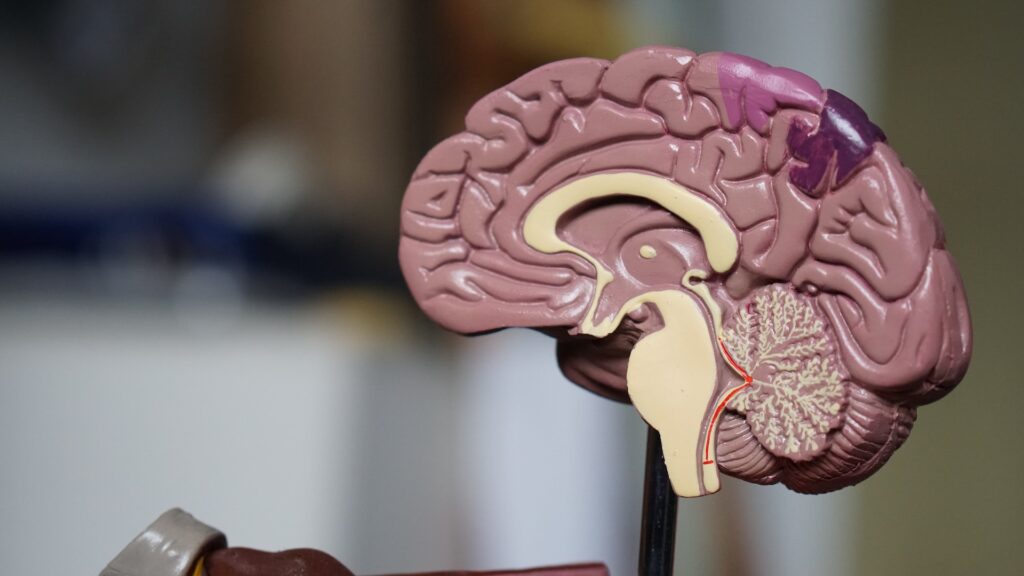Are you feeling stressed or anxious lately? Do you have trouble sleeping or focusing on tasks? If so, you might benefit from a technique called neurofeedback.
In this blog, we’ll explore what neurofeedback is, how it works, and what benefits it can offer.
What Is Neurofeedback?
Neurofeedback is a non-invasive technique that trains the brain to function more efficiently.
It works by measuring brainwave activity using an EEG (electroencephalogram) machine and providing real-time feedback to the patient.
This feedback can take the form of visual or auditory cues, such as a sound or a video game, that indicate when the brain is producing desired patterns of activity.
How Does Neurofeedback Work?
Neurofeedback works by training the brain to produce specific patterns of activity associated with desired mental states.
For example, if a patient is experiencing anxiety, the neurofeedback therapist might train the patient to produce more alpha waves, which are associated with a relaxed, meditative state.
Over time, the brain learns to produce these patterns of activity on its own, even outside of the neurofeedback session.
What Happens During A Neurofeedback Session?
During a neurofeedback session, the patient sits comfortably in a chair and wears an EEG cap with sensors that measure brainwave activity.
The therapist then guides the patient through a series of exercises designed to produce specific patterns of activity. As the patient produces these patterns, they receive feedback in the form of visual or auditory cues.
The goal of the sessions – lasting anywhere between 30-60 minutes, once or twice weekly – is to gradually train the brain to produce these patterns of activity on its own.
What Are The Benefits Of Neurofeedback?
One of the main benefits of neurofeedback is that it is non-invasive and drug-free.
Unlike medication, which can have side effects and can be habit-forming, neurofeedback is a natural, holistic approach to improving brain function.
Neurofeedback has been shown to be effective in treating a wide range of conditions, including anxiety, depression, ADHD, PTSD, and insomnia.
It can also improve cognitive functions, such as memory, attention, and creativity.
In addition, neurofeedback can be used to enhance performance in sports, music, and other activities that require focus and concentration.
Takeaway
Neurofeedback is a safe and effective technique for improving brain function and treating a wide range of conditions.
It works by training the brain to produce specific patterns of activity associated with desired mental states.
If you’re struggling with your mental health, neurofeedback may be worth exploring as a treatment option.
Want to learn more about how neurofeedback can enhance your brain health and well-being?
Schedule a consultation at Christie Care!


You ought to take part in a contest for one of the best blogs on the internet. I am going to highly recommend this blog!
I simply could not go away your web site prior to suggesting that I really enjoyed the standard info a person supply on your guests? Is going to be back incessantly to investigate cross-check new posts.